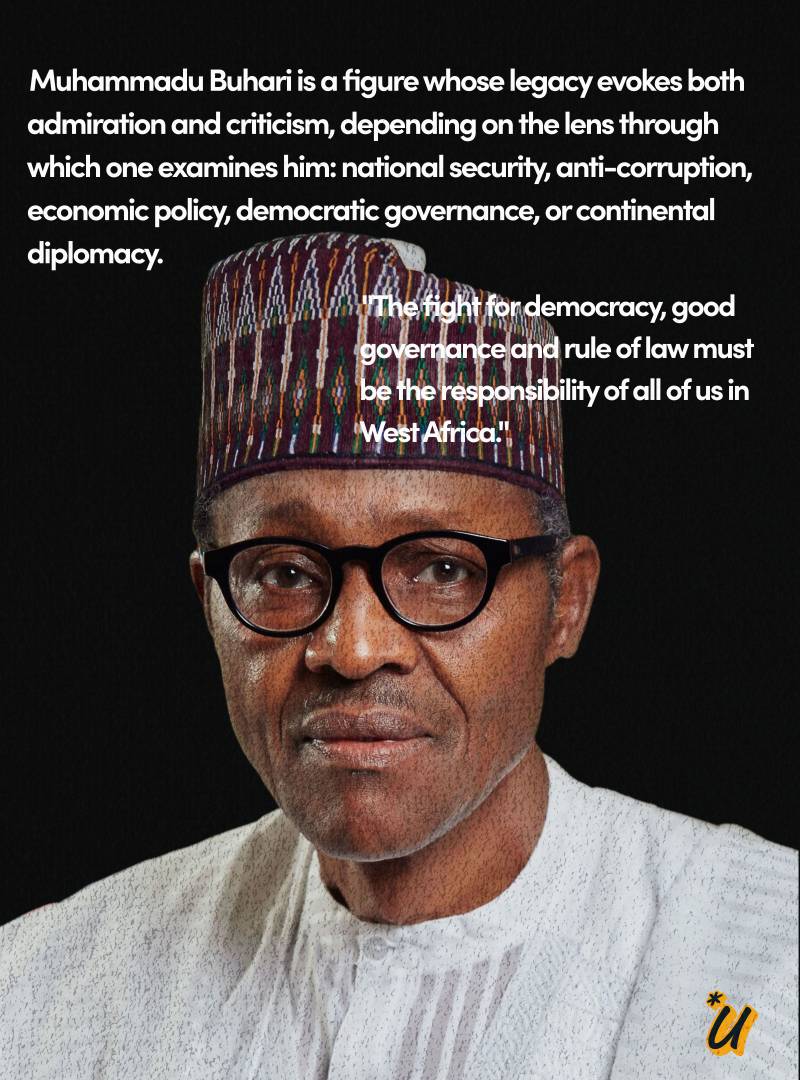In a historic move that reflects shifting societal norms and increasing geopolitical pressures, Denmark has announced plans to make military conscription gender-neutral by including women in its mandatory draft system. This groundbreaking reform, expected to take full effect by 2026, marks a significant departure from Denmark's longstanding policy of male-only conscription and signals the country’s readiness to modernize its defense capabilities amid growing concerns over regional security. The announcement came from Danish Prime Minister Mette Frederiksen, who cited the ongoing war in Ukraine and the need for a stronger, more inclusive national defense. Speaking at a press conference in March, she emphasized that the world is no longer what it was before Russia’s 2022 invasion of Ukraine. “Security threats are more complex, and we need all capable citizens, regardless of gender, to contribute to our national resilience,” Frederiksen said.

Read Also: Uphorial Sweatshirt

Currently, military service in Denmark is mandatory for men over 18 but voluntary for women. The planned policy change will now require women to register for the draft, just like their male counterparts. However, actual conscription will still be based on a lottery system due to the limited number of service slots. This means not every eligible young person—regardless of gender—will necessarily serve, but all will be considered. The move aligns Denmark more closely with neighboring countries like Norway and Sweden, which have already adopted gender-equal conscription policies in recent years. Norway became the first NATO country to implement such a system in 2015, while Sweden reintroduced conscription in 2017 and included women from the outset. These examples have shown that mixed-gender militaries can thrive with proper training and integration measures, something Denmark is keen to emulate. From a human rights and gender equality perspective, the inclusion of women in Denmark’s draft is being hailed as a progressive step forward. Gender equality advocates argue that true equality must involve equal responsibilities, not just equal rights. By including women in national defense duties, Denmark is setting a precedent for more equitable citizenship obligations.
However, the reform is not without criticism. Some have raised concerns over whether the military infrastructure is fully prepared to accommodate the influx of female conscripts, especially in terms of facilities, leadership structures, and anti-harassment protocols. Defense Minister Troels Lund Poulsen has addressed these concerns, stating that the military is investing heavily in infrastructure upgrades, training reforms, and cultural shifts to ensure a safe and respectful environment for all recruits.
Another aspect gaining attention is how the policy could affect the labor market and education system. With more young women being potentially drafted into service, universities and employers may need to adapt to shifts in enrollment and employment cycles. Analysts say this could lead to broader societal changes, including increased recognition of military service in career advancement and civic identity. Public reaction in Denmark has been largely supportive, particularly among younger citizens. A recent poll by Berlingske Tidende, a leading Danish daily, showed that over 65% of respondents supported the inclusion of women in conscription, citing fairness and national security as the top reasons. Social media discussions have also leaned positive, with many praising the country for treating its citizens equally under the law.
This development comes at a time when European nations are reevaluating their military strategies in light of increased threats on NATO’s eastern borders. With the possibility of prolonged instability in Eastern Europe, Denmark’s decision underscores a broader trend: the militarization of previously pacifist policies and a return to collective defense strategies. Ultimately, Denmark’s expanded conscription policy is more than a military adjustment—it’s a societal milestone. As the country gears up to implement these changes, it offers a powerful message to the world: in times of uncertainty, unity, equality, and shared responsibility are the cornerstones of national strength.



